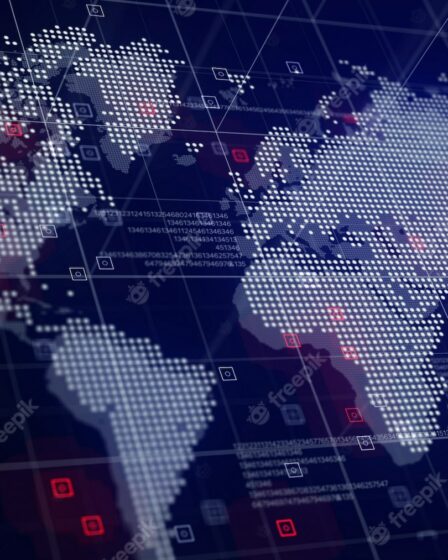The first ever Informal Summit held between Prime Minister Narendra Modi and President Xi Jinping in April 2018 has ushered in a period of relative peace and cooperation between India and China. After the Doklam standoff in 2017, the two countries were committed to normalising relations. The Wuhan Summit has set the tone for cooperation at both bilateral and international levels.
Opinion
India’s Infrastructure Development Projects in Myanmar: Game Changer for the Region (Part 3 of 3)
In the last decade China has emerged as a formidable power in the space arena. After the success of the Anti-Satellite test (ASAT) in 2007 (where China destroyed its old satellite), Beijing established itself as a prominent space power and also showcased its capabilities to destroy satellites of other countries if the need arises. The ASAT test put China among a small list of countries that possessed the advanced space technological know-how.
Trump and Xi Lock Horns over Global Primacy (Part 2 of 2)
Positive Points and Problematic Issues Related to the Trilateral Highway
Relevance of China’s Space Capabilities in its Soft Power Projection
China has been North Korea’s most important diplomatic ally as well as its largest trading partner. Beijing has also been the largest supplier of food, oil and other essentials to North Korea and has thus helped in the survival of the North Korean regime. Even though China has been supporting the regime as it has always feared the outcomes of a failed North Korea, Beijing has been unhappy with the North Korean nuclear ambitions; and thus under Xi Jinping China did agree to adhere to the United Nations sanctions, though reluctantly.
Trump Faces a Daunting Decision on Korea
It was in 2008, for the first time, that the then Defence Minister acknowledged the possibility of a two-front war simultaneously with China and Pakistan. He issued a circular, stating that the Armed Forces be prepared for a two-front war. The Armed Forces also considered the terrorist organisations based in Pakistan and those supported by China in our Northeast, as they would exacerbate the situation and create another half front, by disrupting logistics in the rear of combat zone.
One Belt One Road: Analyzing India’s Concern over Chinese Quest
The geopolitical imperatives surrounding India’s maritime security have undergone substantial change over the last decade or so, in turn prompting unavoidable shifts in its engagements, strategies and maritime expanse through its areas of operation.
Rise of Barelvi Politics in Pakistan: From Streets to Mainstream Politics
Perceptions of anti-state mechanism—as they address themselves to the myriad forms of armed conflict—have seldom been restricted to the cellular confines of fine distinction. Most anti-state actors attempt to base their characters on theoretical elegance. Therefore, when an anti-state organisation essays its birth, it will invariably take into account the sartorial nature of its exterior.
India’s Strategic Autonomy in the ‘Indo-Pacific’ Moment
Kim will not disarm. Day by day he is increasing preparedness for a war that he will fight without mercy.
Evolving India-Pakistan Deterrence Equation: Impact on South Asian Stability
Delay will Increase Casualties
